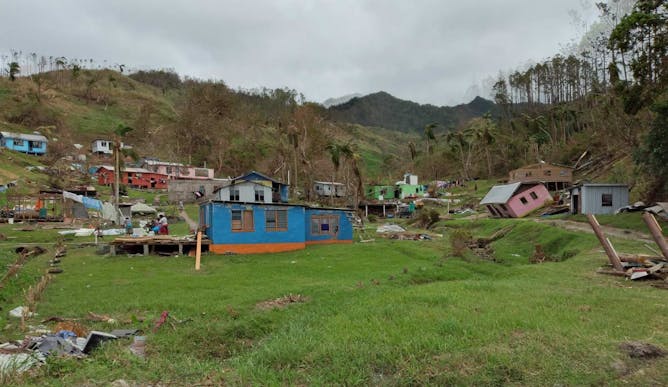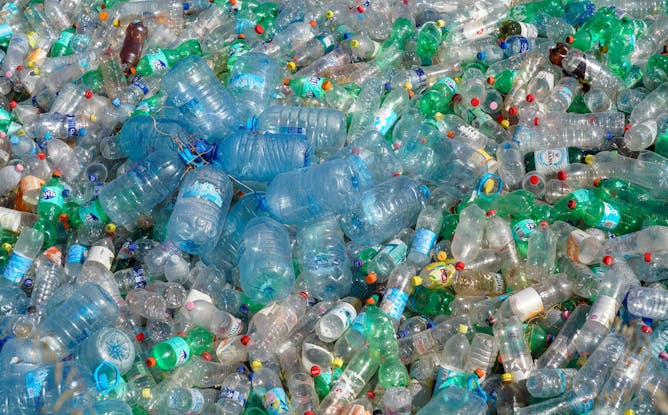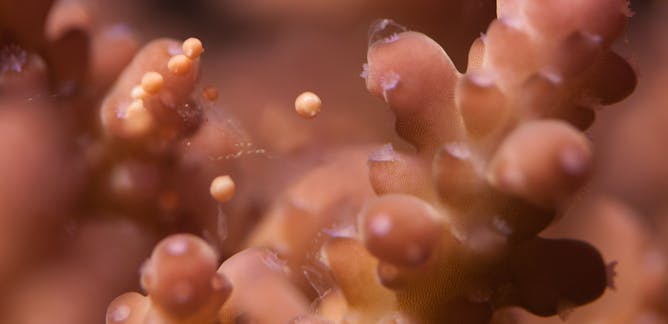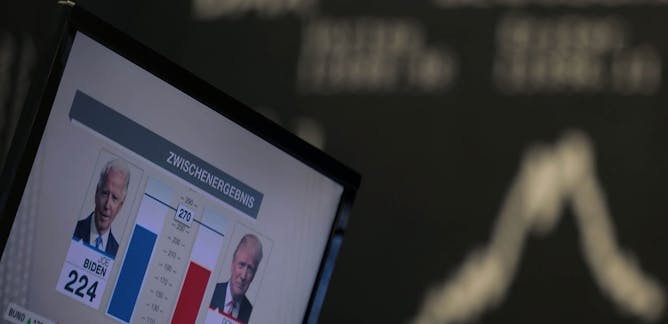|
|
|
|
Tēnā koutou and welcome to your weekly newsletter.
It’s just one week since the United States headed to the polls to elect a president, but in many ways it feels like a different world. Despite Donald Trump still refusing to concede defeat, Joe Biden’s victory has drawn a line under an extraordinary period in US political history. However, the departure of Trump himself does not necessarily mean the end of “Trumpism” — including in New Zealand, as political scientist Grant Duncan explains in his fascinating analysis of the thinking and backgrounds of “Kiwi Trumpers”.
The final, official results of our own election have meanwhile been confirmed, with Labour attaining a full 50% of the party vote and an extra seat in parliament. One of the immediate challenges will be how to take the pressure out of the housing market, which is booming again due to record low interest rates. As John Tookey explains, the market alone will not solve this urgent problem.
And this week marks the 50th anniversary of the deadliest weather event on modern record — Cyclone Bhola, which made landfall over Bangladesh and killed at least 300,000 people in a storm surge. Risk management researcher Sally Potter explains the improvements in cyclone forecasts since then and why meteorologists are changing their warnings to focus on the damage an impending storm could cause.
You’ll find a lot more to read in this newsletter and on our home page. Many thanks for your ongoing interest and support. Ka kite anō a tērā wiki.
|
Finlay Macdonald
New Zealand Editor: Politics, Business + Arts
|

|
|

GettyImages
John Tookey, Auckland University of Technology
New Zealand's housing market is ill designed to create the surpluses that would force down values. Only the state can change that.
|

Fiji National Disaster Management Office
Sally Potter, GNS Science
At the start of the cyclone season in the Pacific, weather forecasters are changing their warnings to focus less on weather information and more on the damage expected from an impending storm.
|

GettyImages
Grant Duncan, Massey University
Donald Trump may be on the way out, but 'Trumpism' will remain a political force. Could it ever take hold in New Zealand?
|

Hannah Peters/Getty Images
Nick Wilson, University of Otago; Michael Baker, University of Otago
With six COVID-19 incursions in three months, New Zealand needs to change its approach to border control to reduce the risk of quarantine staff catching the virus from travellers.
|

Peter Endig via Getty Images
Trisia Farrelly, Massey University; Hannah Blumhardt, Te Herenga Waka — Victoria University of Wellington; Takunda Y Chitaka, University of the Western Cape
Life-cycle assessments of food packaging often omit the impact and possible toxicity of plastics leaking into the environment. Excluding these factors gives plastics an unjustified advantage.
|

Hannah Peters/Getty Images
Liz Minchin, The Conversation; Michael Lund, The Conversation; Wes Mountain, The Conversation; Veronika Meduna, The Conversation; Finlay Macdonald, The Conversation
Labour's landslide election win means it could govern alone, without support from any of the other parties.
|
From our international editions
|

Sharon Austin, University of Florida
Ever heard of Shirley Chisholm? What about Charlene Mitchell and Lenora Fulani? They are among the many African American women who've run for president despite enormous political barriers.
| |

Brian J Purnell, Bowdoin College; Morgan Marietta, University of Massachusetts Lowell; Neta C. Crawford, Boston University
Scholars of race, foreign policy and the Supreme Court give their informed predictions of what to expect under a Biden administration.
|

Evita March, Federation University Australia
Grandiose narcissists do not, or even cannot, recognise and acknowledge a failure could be their own.
| |

Dimitri Perrin, Queensland University of Technology; Jacob Bradford, Queensland University of Technology; Line K Bay, Australian Institute of Marine Science; Phillip Cleves, Carnegie Institution for Science
New research involving CRISPR technology has furthered our understanding of corals' gene functions. Specifically, it has revealed a mechanism underpinning how corals withstand heat stress.
|

Timothy J. Lynch, University of Melbourne
Trump has increased the appeal of American conservatism, even as he has complicated its meaning. His shadow will no doubt continue to loom large over the Republican Party.
| |

Lisa C. Lindley, University of Tennessee
The Supreme Court hears a new challenge to the ACA on Nov. 10, with the entire law on the line. That includes a little-known paragraph that allows some hope to very sick children and their families.
|

Laurence Roope, University of Oxford; Philip Clarke, University of Oxford
A cyclical lockdown policy based on odd and even house numbers could be the best way to exit the lockdown.
| |

Nigel Walton, Coventry University; Anitha Chinnaswamy, Coventry University
Manufacturers will increasingly track the products they sell to make recycling them more profitable.
|

Yessar Rosendar, The Conversation
Indonesia is a strategic country for the United States and the cooperation between the two countries will only grow.
| |

Francesca Baldwin, University of Reading; Heike I Schmidt, University of Reading
Crisis grips Ethiopia as political divisions spill over into armed conflict and potential civil war looms.
|
|
|
| |
| |
| |
| |
| |
| |
|
|
|
|
|
|
|